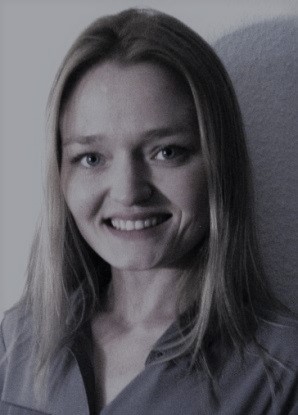
The European Union has set an ambitious target for the decarbonisation of the European energy system by 2050. This breakthrough decision opens up new opportunities for innovative, cross-sectoral activities and stimulates solution-oriented approaches.
Nevertheless, collaboration and innovation in energy research can only lead to a successful clean energy transition with the strong acceptance and commitment of the whole of Europe.
Implementation Working Group Deep Geothermal Support Unit, SUPEERA and EERA aisbl are jointly addressing this issue by giving the representatives of the EU13 countries (Bulgaria, Croatia, Cyprus, Czech Republic, Estonia, Hungary, Latvia, Lithuania, Malta, Poland, Romania, Slovakia and Slovenia) and Greece and Portugal, the opportunity to gain more knowledge about the initiatives favoring their countries' institutions and to find a way forward for strengthening the cooperation in the EU.
Representatives of research institutions and universities from these countries will be informed about the EU's Widening initiative, EEA and Norwegian grants, and the EERA community and its work. The webinar will also present the success stories and positive changes achieved through the cooperation.
At the end of the event, measures and ways to further integrate the countries into the EU Clean Energy Transition and to facilitate communication and information exchange will be discussed.
The webinar is aimed at academics, industry, policy makers, representatives of citizens' initiatives and consultancies in the energy sector, especially from the EU13 countries (and Greece and Portugal).
Speakers and Panellists:
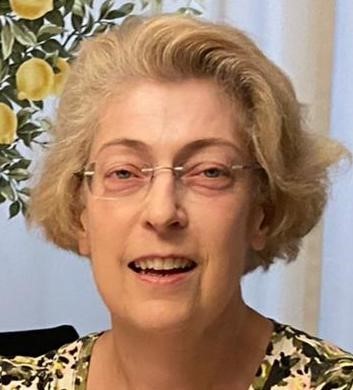
French State Civil Engineer by education, Hélène Chraye graduated then in Economics and Public Law at Sciences – Po / Paris.
After a stay in the French Administration to build the Energy Observatory and then on State Aids to the industry, she joined the European Commission and worked successively on various domains of the European Transport policy: Inter-modality, Trans-European Networks, Single Sky, as well as dealing with enlargement to 12 new member states.
After a few years as Head of Operations in the EU Delegation to Belarus, Moldova and Ukraine, she joined DG RTD where she built the European Research Council Executive Agency and then managed financially and legally the EU programme NMBP, part of FP7 and H2020. She later on revamped the EU policy on materials and nanotechnologies, also designing the new European system of materials innovation testbeds.
Since 1st June 2019, she is heading the unit in charge of designing and implementing the European Research policy for Clean Energy Transition within the Directorate Clean Planet.
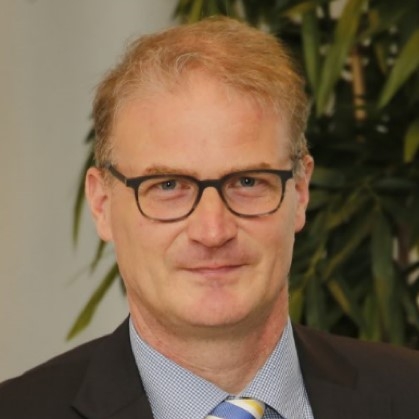
Matthijs Soede is a Senior Policy Officer at European Commission and since July 2019 a Vice Chair of the Executive Committee of the IEA Ocean Energy Systems TCP.
In July 2021, he accepted the possition of Mission Innovation 2.0 Clean Hydrogen Mission Director. Mission Innovation is a global initiative catalysing a decade of action and investment in research, development and demonstration to make clean energy affordable, attractive and accessible for all. This will accelerate progress towards the Paris Agreement goals and pathways to net zero. As co-lead the European Commission is developing the Clean Hydrogen Mission together with Australia, Chile, the United Kingdom, the United States and Germany in cooperation with other MI countries and international initiatives like CEM, IEA, World Bank Group, IPHE and UNFCCC.
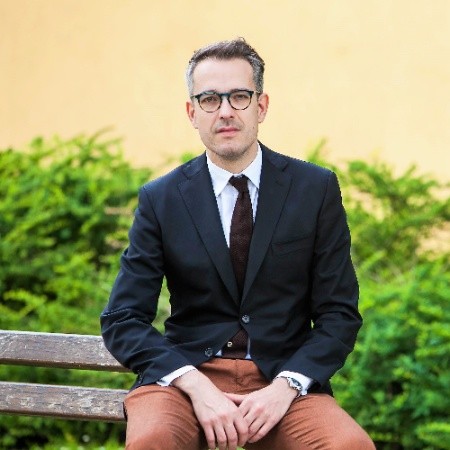
Ivan Matejak is Operations Director at EERA with more than 15 years of experience as project manager, policy analyst/researcher and business consultant. He holds a MA in International Relations and
Diplomacy and a PhD in Geopolitics, Geostrategy and Geoeconomics. Before joining EERA, he founded and
managed a consultancy company based in Zagreb, Croatia, for H2020, ERDF, ESF and IPA funds. He dealt
with different research and energy projects within the public and private sectors in Italy, Croatia, Serbia and
Belgium. At EERA aisbl he is a project coordinator of SUPEERA (www.supeera.eu) and he supervises EERA
efforts and contributions in several H2020 projects.
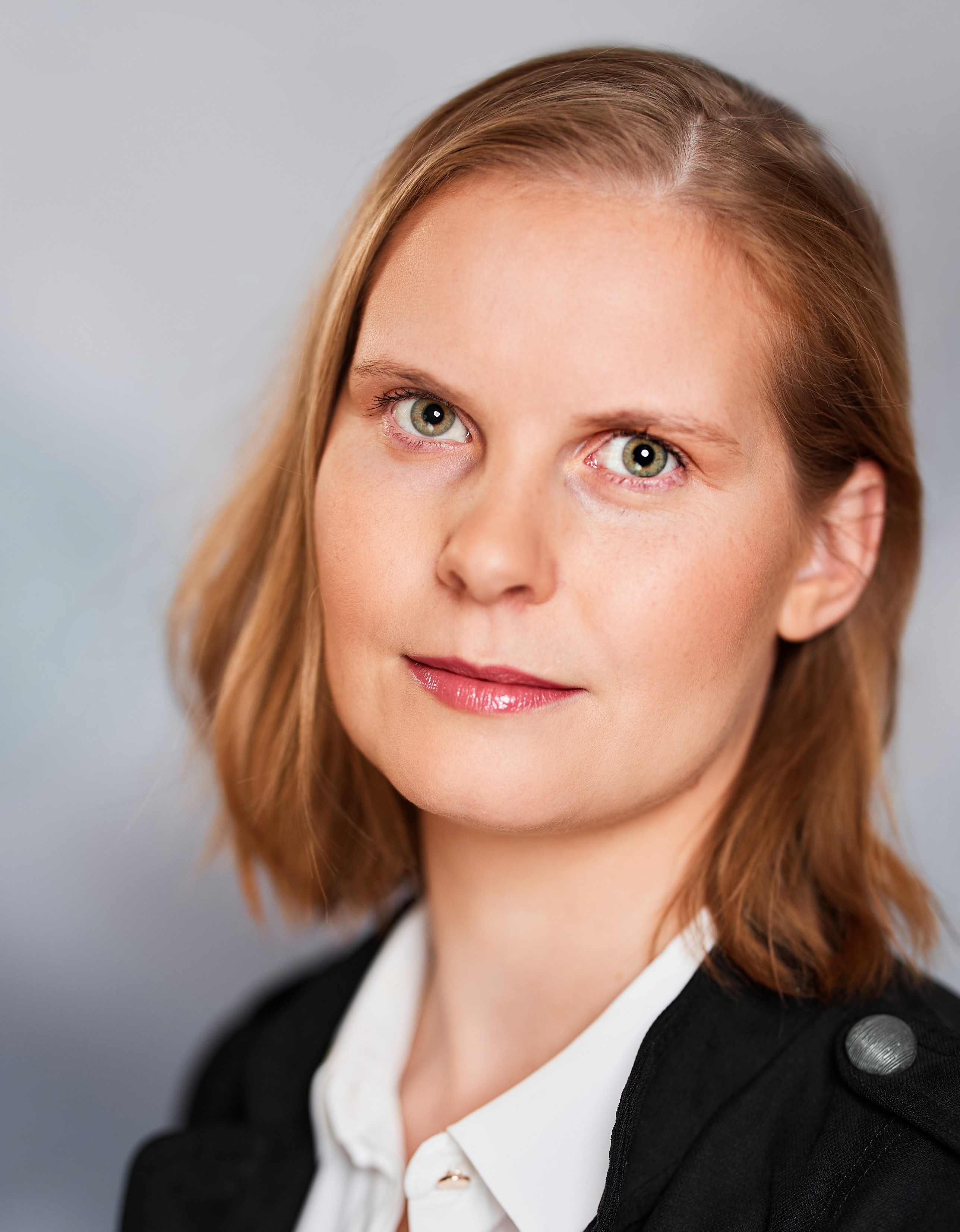
Marika Kowalska is an expert in the field of Framework Programs in area related to cooperation between science and business. She has extensive professional experience in coordinating projects in the field of national, European and international programs. Currently, she is Co-Coordinator of the NCP_WIDERA.NET Project financed under Horizon Europe, bringing together 30 partners from EU and associated countries. She used to work directly with researchers as an EURAXESS expert and as an employee on University of Warsaw (PL), where she assisted researchers in the administrative handling of research projects and the submission of applications
LinkedIn: Marika Kowalska | LinkedIn
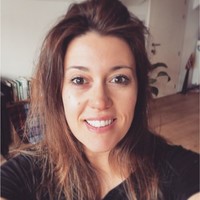
Berta Matas Güell holds an academic master's degree in chemistry from University Autonomous of Barcelona (ES) and a PhD in renewable energy, particularly in the field of bioenergy and heterogeneous catalysis, from the University of Twente (NL). She is a senior researcher at SINTEF Energy Research where she started her career in August 2010. She was Research Manager and project manager for the bioenergy and biofuels research group between 2011 and 2015. She worked in the SINTEF Brussel's office between 2015-2019, being responsible for strengthening SINTEF's European project portfolio, primarily within renewable thermal processes. Since august 2021 she is based in Oslo.
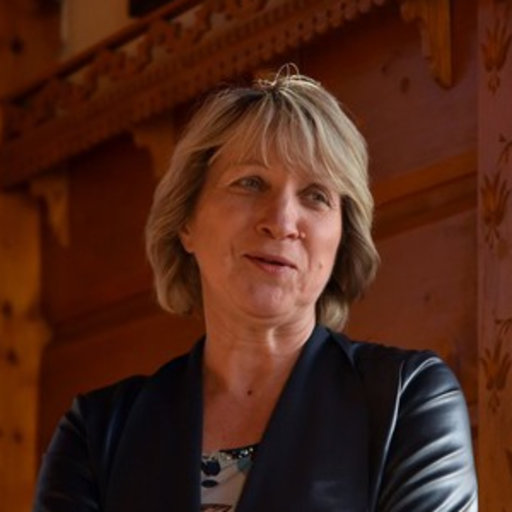 Beata Kępińska, prof. MEERI PAS, is a scientist with extensive experience in geothermal research, exploitation and use, as well as academic education. UNU GTP graduate and guest lecturer. Chairperson of the Polish Geothermal Society. Member of former IGA BoDs and IGA Steering Committees, World Geothermal Congresses 2010, 2015. Involved in paving the ways for Polish-Icelandic cooperation on geothermal energy (EEA FM, Norway Grants). Manager, co-coordinator of geothermal projects, including first Polish-Icelandic projects co-funded by EEA FM. Member of consulting group for elaborating raw materials policy of Poland and a geothermal road map.
Beata Kępińska, prof. MEERI PAS, is a scientist with extensive experience in geothermal research, exploitation and use, as well as academic education. UNU GTP graduate and guest lecturer. Chairperson of the Polish Geothermal Society. Member of former IGA BoDs and IGA Steering Committees, World Geothermal Congresses 2010, 2015. Involved in paving the ways for Polish-Icelandic cooperation on geothermal energy (EEA FM, Norway Grants). Manager, co-coordinator of geothermal projects, including first Polish-Icelandic projects co-funded by EEA FM. Member of consulting group for elaborating raw materials policy of Poland and a geothermal road map.
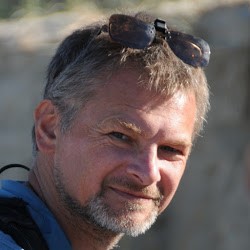
Zdeněk Venera received degree in structural geology and tectonics at Faculty of Science, Charles University, Prague in 1999, complemented with a semester study at Royal School of Mines, Imperial College, London, UK. He lectured structural geology at Charles University and served as Head of Department of Geology at Ministry of Environment, CZ. Currently works as Director of Czech Geological Survey. He is responsible for managing the Survey and providing state administration with research-based knowledge for decision-making in land use planning, mineral planning policy, prevention and mitigation of natural hazards, groundwater resources, decarbonisation, and other environmental issues. In 2004 received Fulbright fellowship at University of California, Davis including professional affiliation with the U.S. Geological Survey at Menlo Park, CA. In 2007-2009 and 2018-2020 he served as President and member of the Executive Committee of EuroGeoSurveys - Association of European Geological Surveys.
LinkedIn: (5) Zdenek Venera | LinkedIn
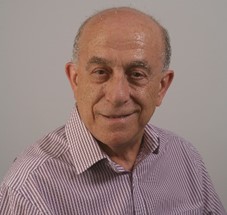
Dr Venizelos Efthymiou worked for the Electricity Authority of Cyprus from March 1979 up to November 2013 and he left the Company from the post of Executive Manager Networks / Distribution System Operator of Cyprus. He is a member of the Steering Committee of the ETIP SNET, of ETIP PV, of the DSO committee of EURELECTRIC, of the Steering Committee of the SET Plan and of the Horizon Europe Programme Committee. He is the chairman of the Research Centre FOSS of the University of Cyprus.
LinkedIn: linkedin.com/in/venizelosefthymiou
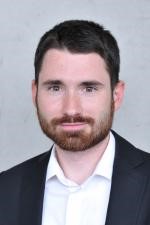
Michal Kuzmič has worked since 2013 as a consultant and project manager of research projects in private sector and in 2015 started as an industrial liaison officer and urban innovation manager at CTU UCEEB. In 2021 he was appointed Head of multidisciplinary collaboration at the UCEEB institute. His goal is to support Czech cities and businesses with innovation projects leading to sustainable development. Key component of his work is international collaboration and knowledge exchange. He is a CTU coordinator of the H2020 SPARCS project and liaison officer towards European Energy Research Alliance Joint Programme Smart Cities.
LinkedIn: https://www.linkedin.com/in/michal-kuzmic/
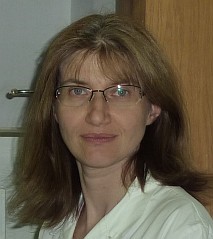
Alenka Ristić is a Senior Researcher. She has 29 years of experience in research in the fields of development and characterization of porous materials (microporous aluminophosphates, zeolites, ZIFs, mesostructured silicas, composites of porous matrices and salt hydrates) for thermochemical heat storage. She is an author of 66 international professional publications (h-index of 19, Scopus), 1 patent, cooperating with industry and diverse groups on world-wide basis. She is a member of Slovenian Zeolites Association, Croatian Zeolite Association, and a treasurer at Slovenian Chemical Society as well as an alt. delegate for Slovenia in IEA TCP Energy Storage. She acts regularly as a reviewer for materials science, chemistry and thermochemical heat storage-related scientific journals.
LinkedIn: https://www.linkedin.com/in/alenka-ristic-64a7357b/

Maria Śmietanka PhD is a deputy director of Polish National Contact Point in the National Centre for Research and Development. Since 2015 she is a part of National Contact Point team taking part in promoting Framework Programmes among Polish institutions and shaping the R&D ecosystem. Previously she worked as a researcher, having experience in various national and international projects.
